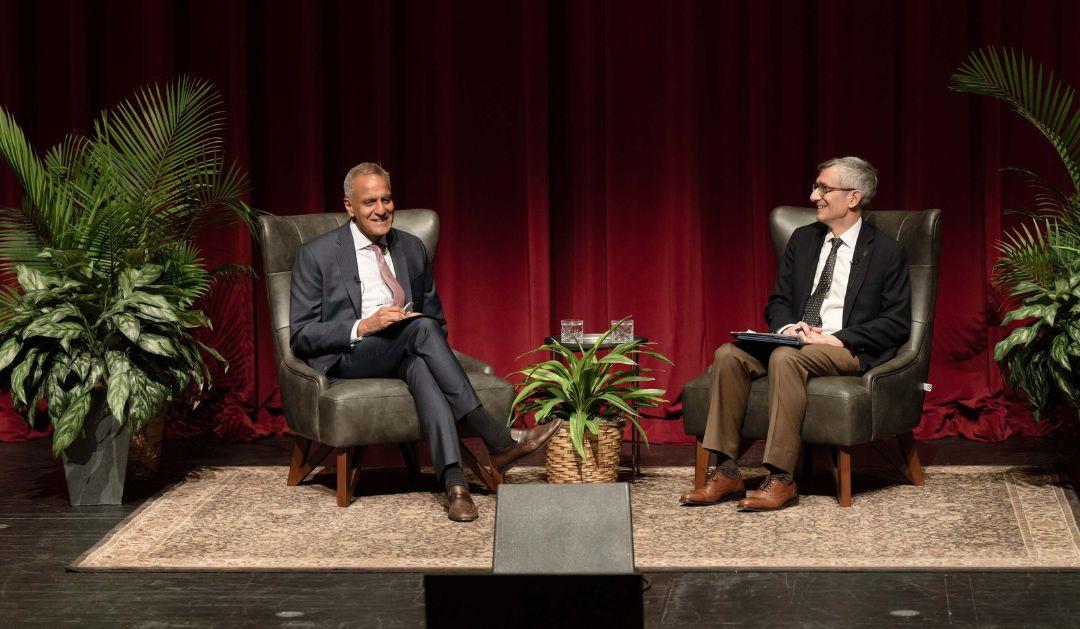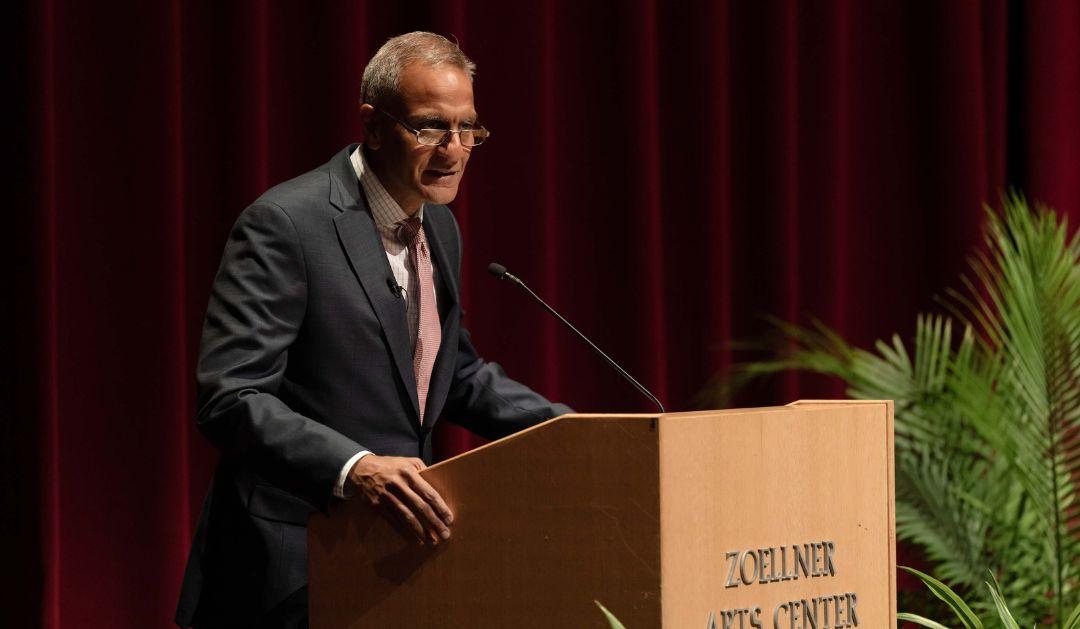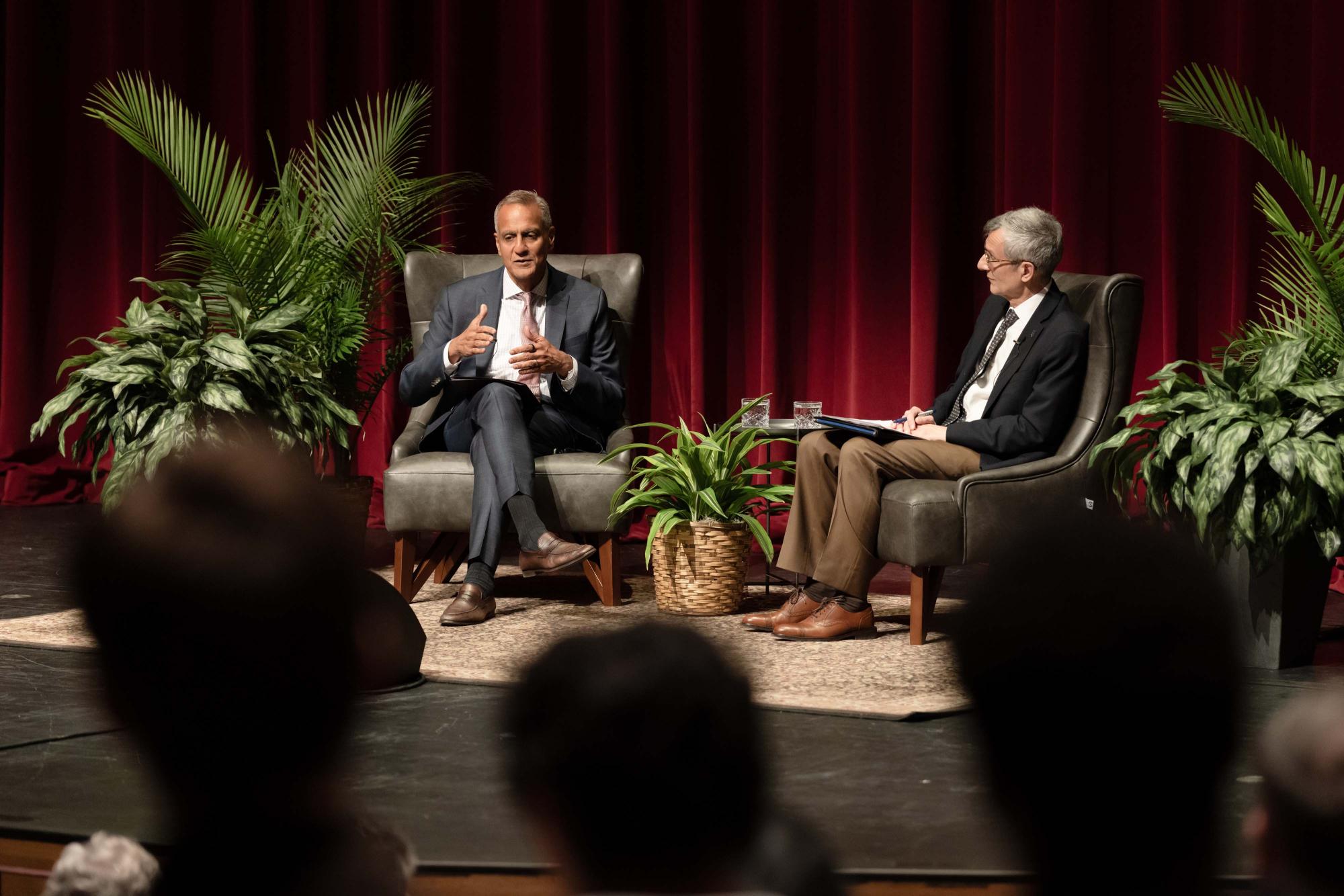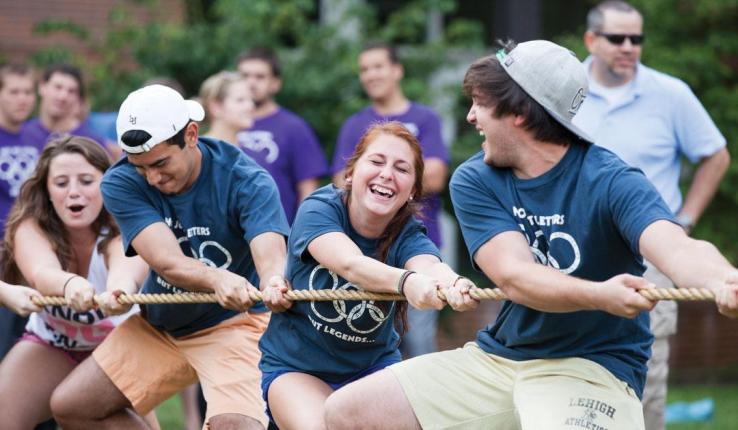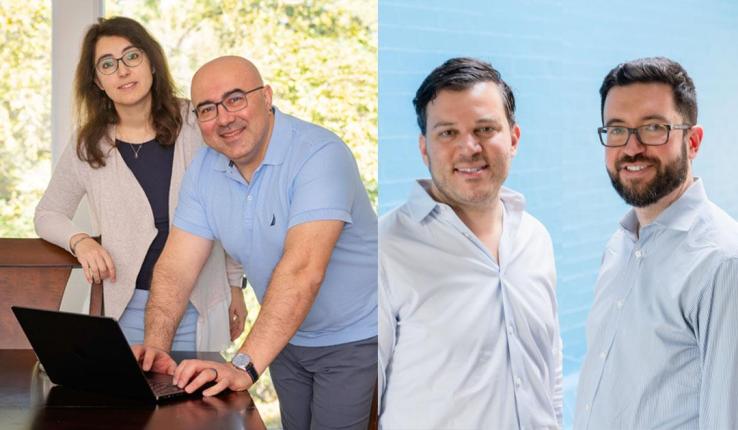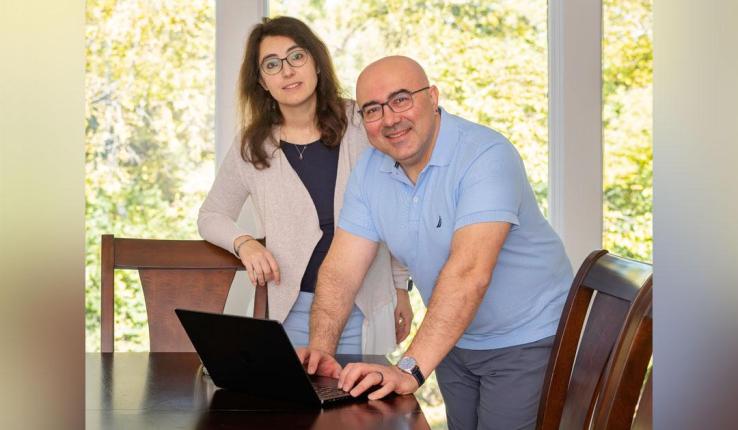Reflecting on experiences from his distinguished career in public service and the private sector, Richard Verma ’90 told the audience gathered at Baker Hall in Zoellner Arts Center that although national and global challenges in a rapidly changing world can feel overwhelming, progress and the betterment of future generations starts close to home within communities like the Lehigh Valley.
The former U.S. ambassador to India and former U.S. deputy secretary of state for management and resources returned to Lehigh University to present the Presidential Distinguished Fellow Lecture titled “From South Mountain to the State Department: A Diplomat's View of Global Challenges and Opportunities” on Tuesday, April 15. The lecture began with remarks from Verma followed by a conversation and audience question-and-answer session led by President Joseph J. Helble ’82.
Verma, a former Lehigh University Trustee, is the university’s inaugural President’s Distinguished Fellow and began his six-month appointment in February. As the President’s Distinguished Fellow, Verma engages with Lehigh students and the broader university community through a variety of activities, drawing on his extensive experience in government, diplomacy and international relations.
In addition to his former role as deputy secretary of state, Verma served as the assistant secretary of state for legislative affairs and national security advisor to the senate majority leader. As a former general counsel and head of global public policy at Mastercard, Verma has also navigated complex international issues from the private sector. He is a veteran of the U.S. Air Force, where he earned military honors, including the Meritorious Service Medal and Air Force Commendation Medal. Verma attended Lehigh on an Air Force ROTC scholarship, and he earned a bachelor of science degree in industrial engineering with a minor in international relations.
“I had the privilege of first meeting [Richard] early in my tenure as president [when he was] a member of Lehigh’s board of trustees,” Helble said before introducing Verma and welcoming him to the stage.


